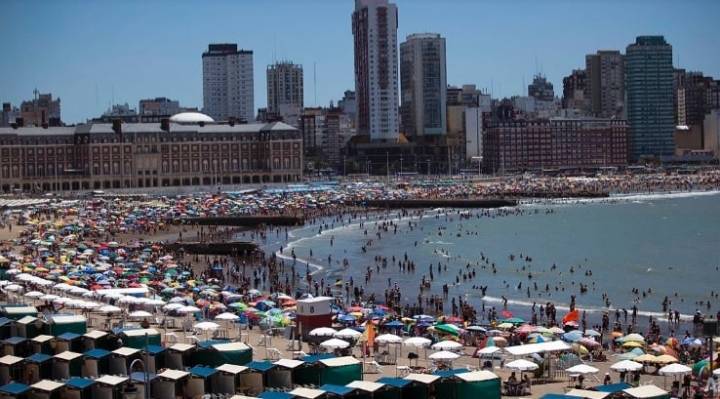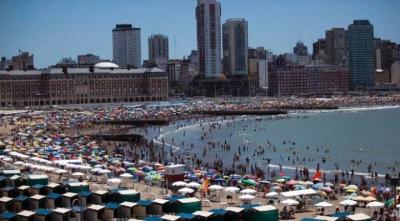Argentina is experiencing an unprecedented heatwave for more than six decades, prompting warnings of extreme temperatures in nine provinces in the central and northern parts of the country, as reported by the National Meteorological Service on Saturday.
For several days now, the country has been undergoing its eighth heatwave since the beginning of summer in the Southern Hemisphere, with temperatures approaching 40 degrees Celsius. This marks an increase compared to four or five heatwaves in the past decade, according to the same source.
When comparing all stages from November to January, the current period of 2022-2023 is the hottest since 1961, with an average temperature rise of 1.7 degrees. Climate expert Enzio Campitella stated to AFP, "One heatwave is part of the usual climate variability. But with climate change, we are witnessing more intense and prolonged waves across all continents."
In Buenos Aires, temperatures recorded in the morning were 36 degrees, rising to 38 during the day, marking a record threshold for February in the past 61 years. The heatwaves began in November.
The National Meteorological Service issued an "orange alert" for extreme temperatures (moderate health impact) in the provinces of Corrientes, Misiones, San Luis, Mendoza, La Pampa, and Buenos Aires, along with a "yellow alert" (limited to moderate health impact) in the provinces of Córdoba and Entre Ríos, and San Juan. In Patagonia, a record temperature of 42 degrees was recorded on Thursday in the coastal area of Río Negro province.




